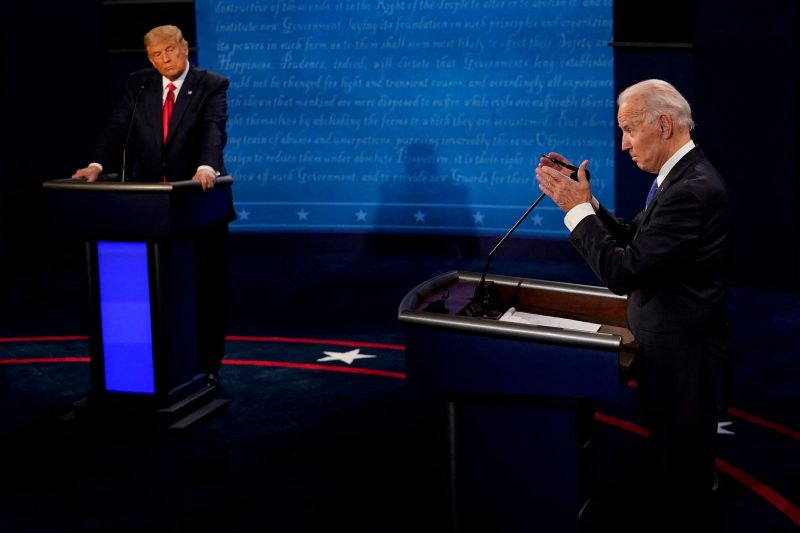In the world of politics, public opinion is a force to be reckoned with. The sentiment of voters can sway elections, determine policy decisions, and shape the overall trajectory of a nation. In recent years, the use of debates as a platform to influence voter sentiment has become increasingly prevalent. But the question remains: can a debate truly change the trajectory of voter sentiment?
Debates have long been a staple of democratic societies, providing a forum for candidates to present their ideas, challenge each other’s positions, and engage directly with voters. The goal of a debate is not only to persuade undecided voters but also to energize and mobilize supporters. By showcasing their command of the issues, charisma, and debating skills, candidates aim to leave a lasting impression on voters and solidify their standing in the polls.
However, the effectiveness of debates in altering voter sentiment is a topic of debate in itself. While some argue that debates can be decisive moments that sway undecided voters and change the course of an election, others believe that voter sentiment is more deeply entrenched and less malleable than debates would suggest. In reality, the impact of a debate on voter sentiment is often nuanced and multifaceted.
One of the key factors that determine the influence of a debate on voter sentiment is the performance of the candidates themselves. A candidate who appears confident, well-prepared, and authentic is more likely to resonate with voters than one who seems unsure, defensive, or out of touch. Moments of clarity, wit, and emotional resonance can leave a lasting impact on viewers and shape their perception of the candidates.
Moreover, the content and substance of the debate play a crucial role in shaping voter sentiment. Candidates who present compelling arguments, offer innovative solutions to pressing issues, and demonstrate a deep understanding of policy matters are more likely to win over undecided voters and solidify support among their base. Conversely, candidates who resort to personal attacks, falsehoods, or inflammatory rhetoric may alienate voters and undermine their credibility.
Beyond the performance and content of the debate, the broader political context also influences voter sentiment. Factors such as the state of the economy, public health crises, social unrest, and international events can shape how voters perceive the candidates and their policy proposals. A strong debate performance in the midst of a national crisis may resonate with voters seeking stability and leadership, while a gaffe or misstep can quickly erode public confidence.
In conclusion, while debates have the potential to influence voter sentiment and change the trajectory of an election, their impact is contingent on a complex interplay of factors. The performance and substance of the debate, the broader political context, and the existing attitudes of voters all contribute to shaping the outcome. Ultimately, a debate can be a pivotal moment in a political campaign, but its ability to fundamentally alter voter sentiment remains a subject of ongoing debate.




























